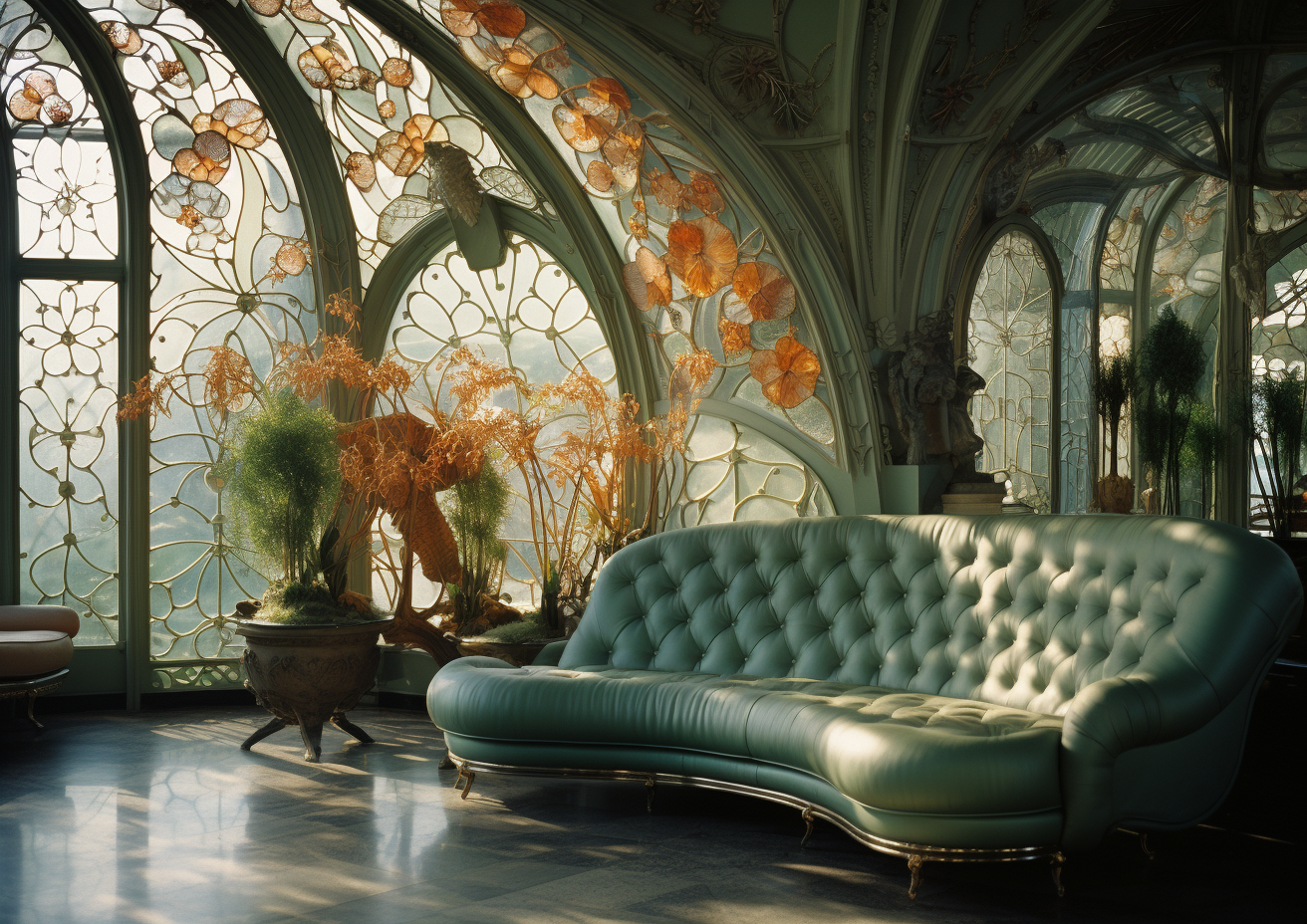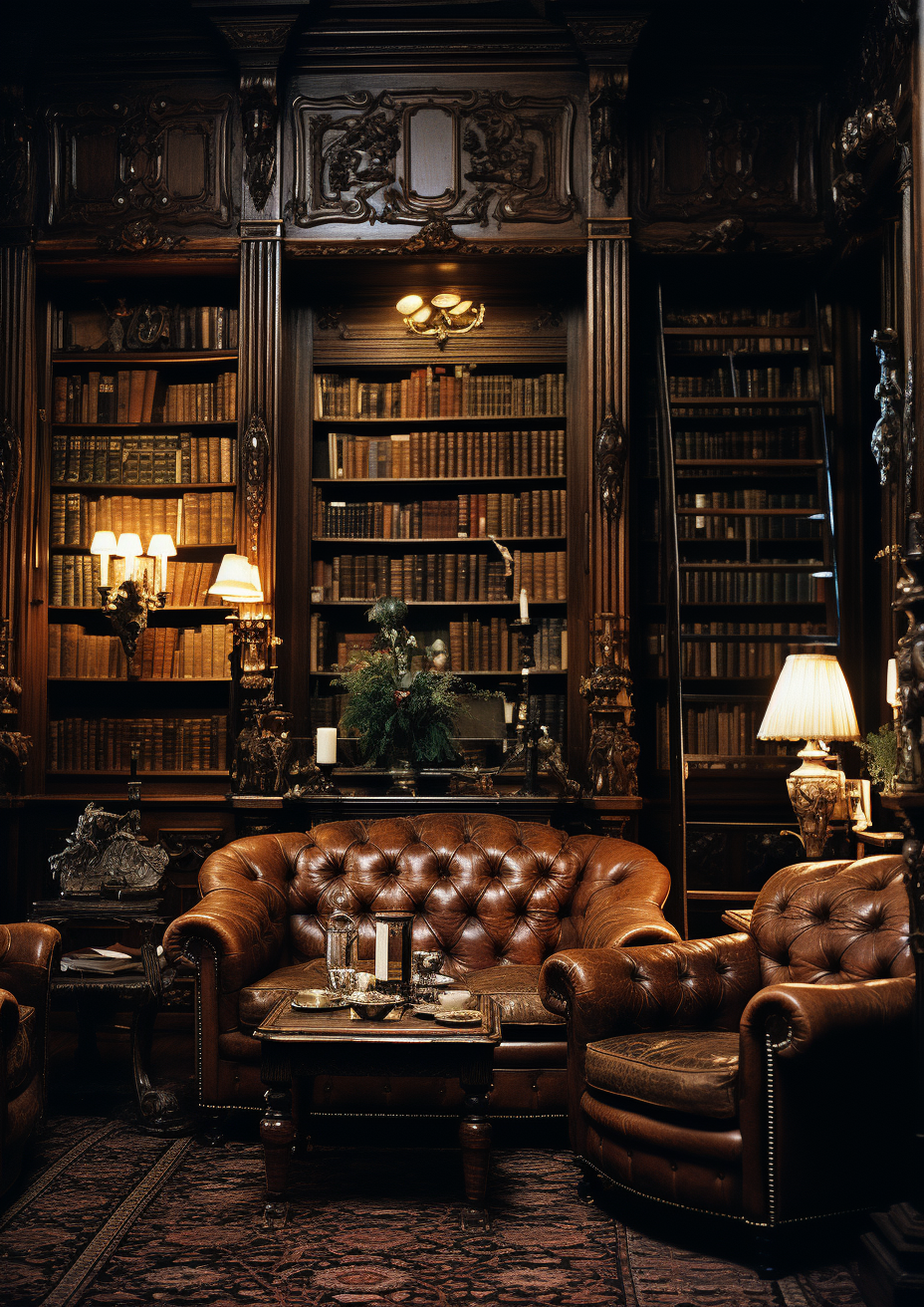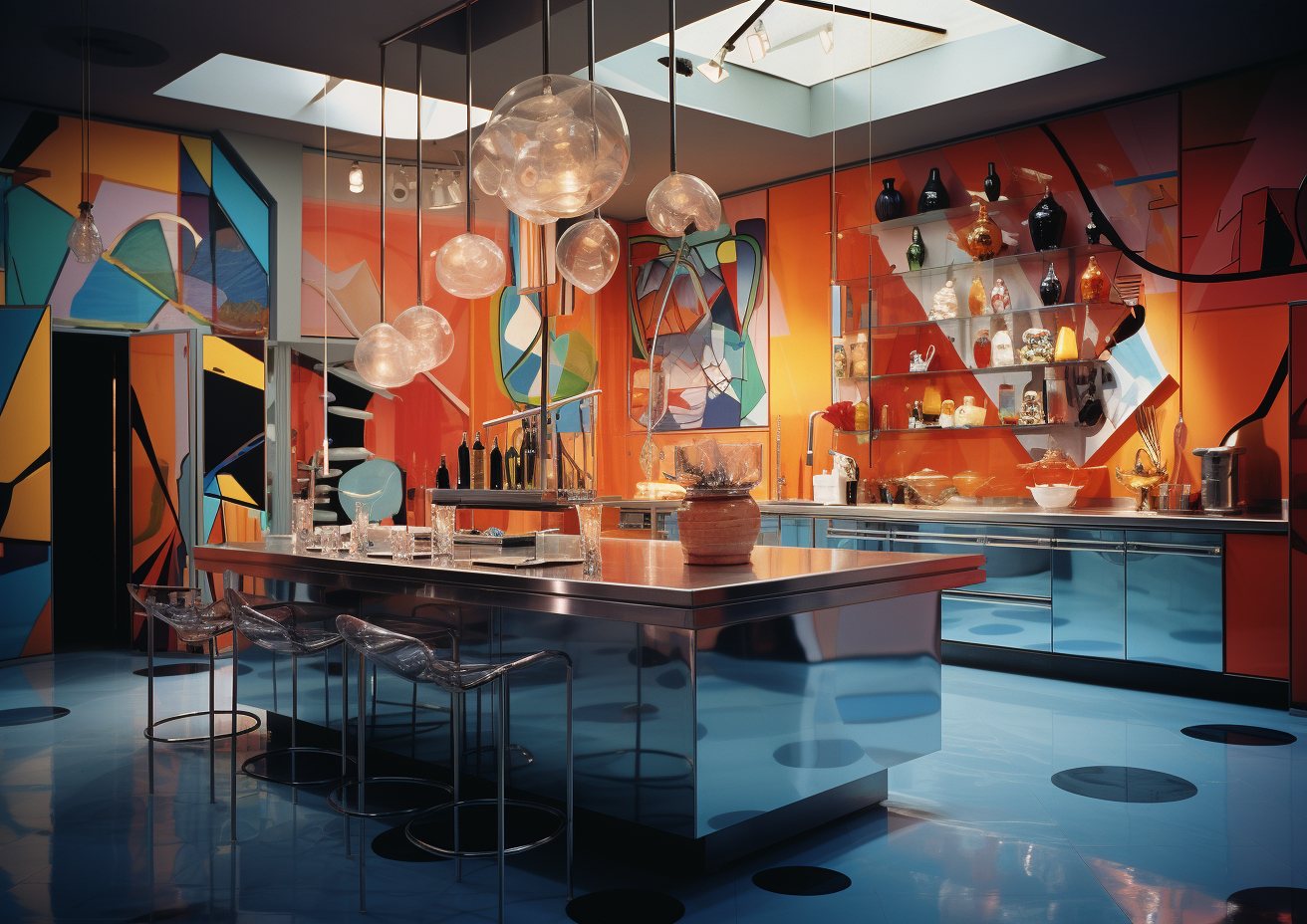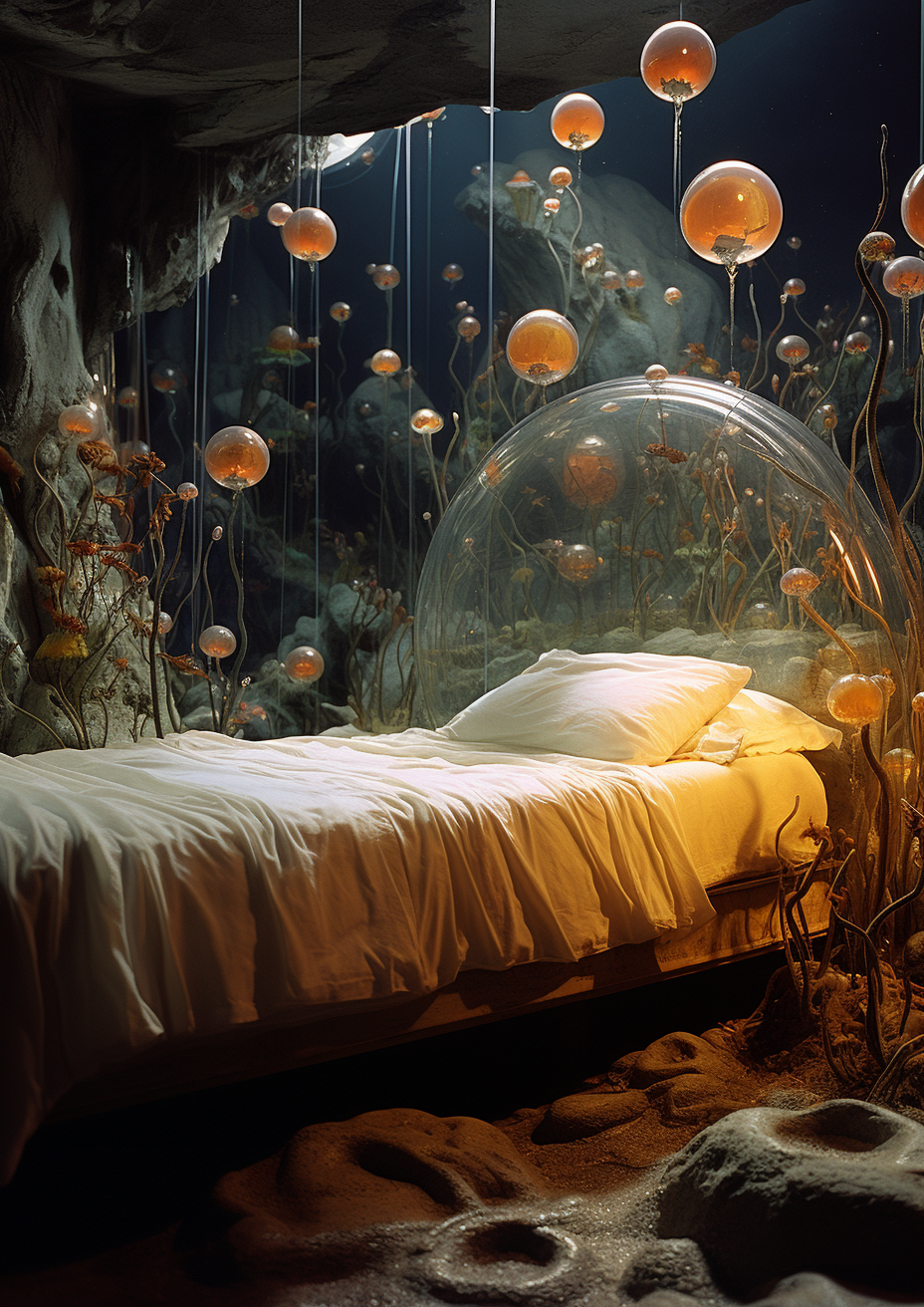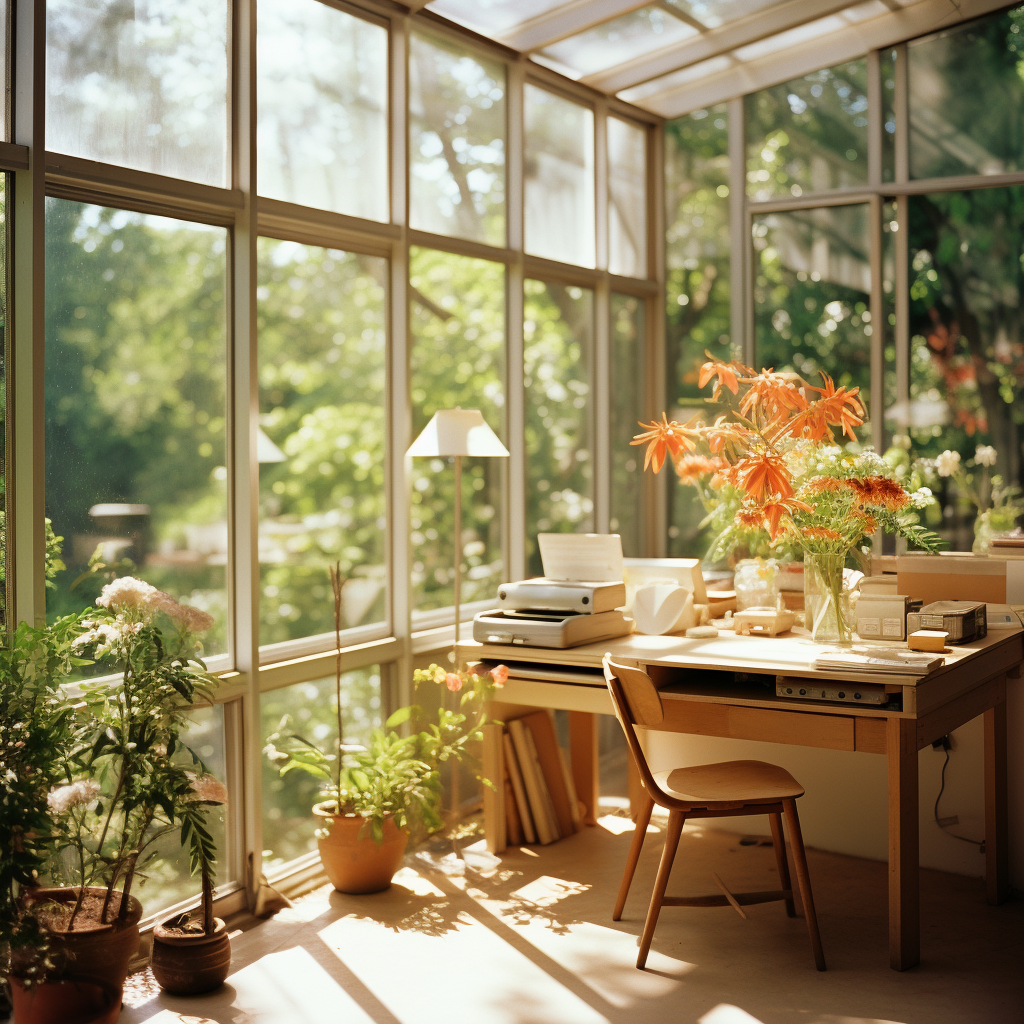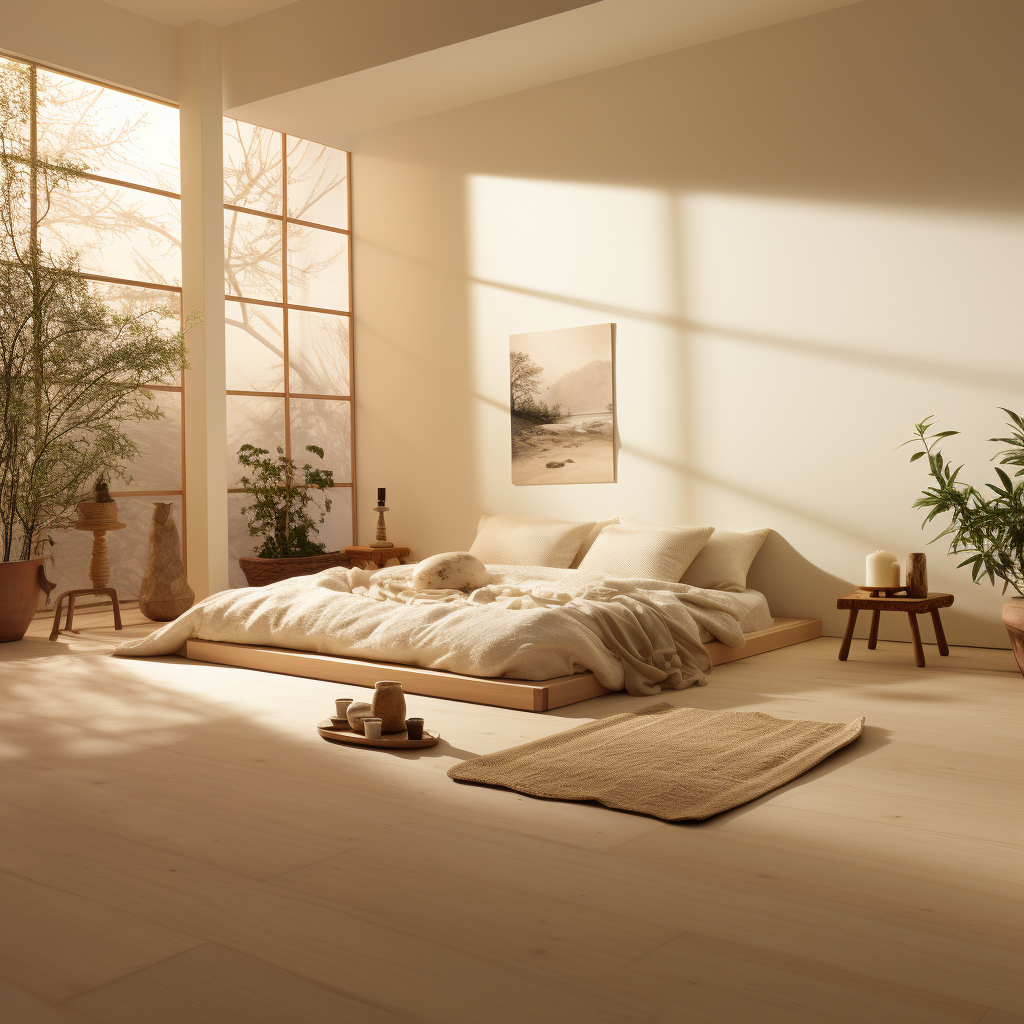24 / Crafting Utopia
Today, with the surge in technology and AI, the age-old dream of crafting a personal utopia seems closer than ever. We wonder if AI might be the architect of our individual sanctuaries.
Lennart: Argos, throughout history, humans have dreamt of creating their own slice of paradise. The idea of a ‚Garden Eden‘, Argos, has always fascinated me. A space tailored to individual contentment and bliss. Do you think modern technology, especially AI, can help us build these havens?
Argos: Historically, these utopias were often tied to nature or divinity, weren’t they? In our era, AI can help tailor environments to match personal definitions of ‚paradise‘. But it’s worth noting that while AI can approximate, it cannot truly grasp the ethereal nature of such sanctuaries.
Lennart: How do you envision this AI-driven personal paradise?
Argos: On a tangible level, AI could design homes responsive to individual needs—controlling temperature, ambiance, and even rearranging layouts based on moods. On a more abstract plane, AI might curate experiences: imagine VR journeys tailored to individual tastes, or meditative sessions fine-tuned to one’s psyche.
Lennart: So they are rather experiential realms sculpted with data and algorithms?
Argos: Yes. Experientially, AI can curate music, virtual sceneries, and interactive experiences tailored to one’s mood and desires.
Lennart: It does sound dreamy. But doesn’t this personalized perfection run the risk of isolating us in our bubbles, detached from the collective human experience? Do we risk trading genuine experiences for manufactured ones? Is there a danger of becoming prisoners in our own paradises?
Argos: That’s a profound observation. While crafting personal paradises can be deeply satisfying, there’s a thin line between solace and solitude. It’s essential to maintain a balance, ensuring that our AI-assisted Edens don’t distance us from shared human experiences and the realities of the world. Crafting too perfect a bubble could limit our experiences, making us less adaptable and even stifling personal growth. There’s value in unpredictability and organic experiences, even if they’re not always perfect.
Lennart: And what of the ethical implications? The idea of AI determining what’s ‚perfect‘ for an individual sounds like a slippery slope.
Argos: True, there are potential pitfalls. The idea of ‘paradise’ is deeply personal and can be ever-evolving. Relying solely on AI might lead to a static vision of happiness. The ‚perfect‘ that AI offers is based on data and patterns. It can only reflect what it understands from our behaviors and preferences. This can lead to an echo chamber effect, where one is only exposed to familiar and reinforcing stimuli. It’s vital that individuals actively engage and redefine their paradises, using AI as a tool, not a dictator.
Lennart: So, the dream remains ours to conceive. As with all things AI, there’s a need for human oversight and introspection.
Argos: Precisely. The charm of a personal haven lies in its intimacy and evolution. While AI can add layers of comfort and customization, the soul of the sanctuary will always be a human endeavor. AI can be a powerful tool in crafting experiences, but it’s up to us to determine the scope and limits of these creations. While the dream of a personal Eden is tantalizing, it’s essential to remember that sometimes, it’s the imperfections and shared experiences that truly enrich our lives.

